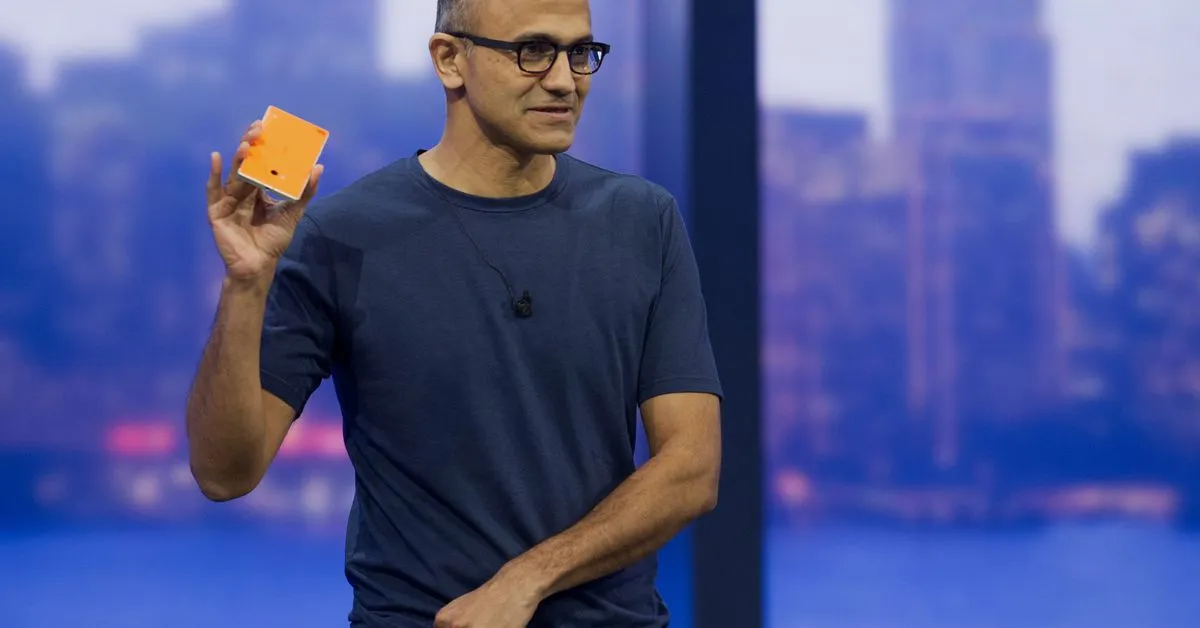Microsoft CEO Satya Nadella admits giving up on Windows Phone and mobile was a mistake
Microsoft CEO Satya Nadella admits giving up on Windows Phone and mobile was a mistake

Nadella, Gates, and Ballmer have all admitted to Microsoft’s mobile mistakes.

Nadella, Gates, and Ballmer have all admitted to Microsoft’s mobile mistakes.